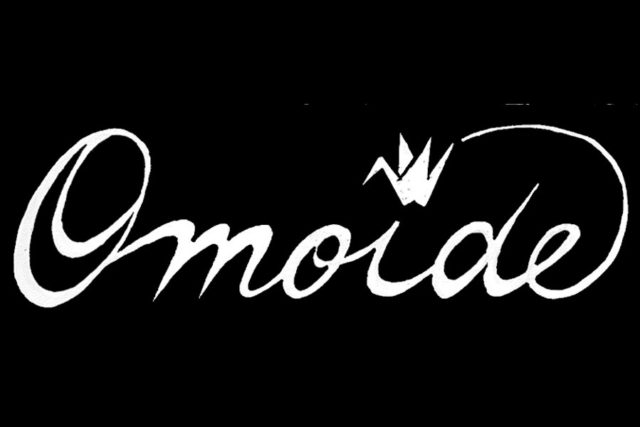By Louise Matsumoto
In May 1942, our family went to the Puyallup Assembly Center where our living space was a horse stall. We slept on mattresses made with sacks and stuffed with straw (bugs would come out at night).
In September, we went to a relocation center — Minidoka, near TwIn Falls, Idaho, and we stayed there until October 1945. Our address was “5-12-C,” for Block 5, Barracks 12 and Room C.
Our room had a single light bulb, potbelly stove (our father had to go out and get the coal to burn), four Army cots, mattresses, and Army blankets. There was a curfew of “lights out” at 10 p.m.
Meals were served when the bell rang and everyone lined up at the mess hall. Sometimes we had to take our food back to our room because we kids played around too much and didn’t eat.
Because we were small, we could not use the block’s bathing facility. Our father got buckets of hot water and brought them to our room where we bathed in a large round tub. We also used a toilet pot because we couldn’t go out to the bathroom at night.
Later the camp had beautiful gardens, canteens where one could shop, and dry cleaners, and we could order things from a Sears catalog. There were churches, schools, movies, and some residents were allowed to go “outside” to work in the fields and make some money.
Following the end of the war, as families left camp, each person received $25 to return and find a place to live, get jobs and start all over again. Most had nothing to come back to and a hard time finding a place to live.
Our first home upon return from camp was a room in the Japanese Language School. Twenty-seven families lived in the classrooms and shared a community kitchen downstairs. Our mom prepared the food, bringing it upstairs to eat, and then took the dishes and pans downstairs again to wash.
Everyone worked — some had two jobs. During the day, I remember standing on First Avenue in the early summer morning (with my lunch) waiting for the truck to go strawberry picking.
The relocation camp experience was a difficult one, and many people have never talked about it. The government did not trust us even though most were American citizens.
About fifty years later, on November 21, 1989, the camp survivors were paid redress money and given an apology from the government. The apology was most important since many of the adults who experienced this difficult time were now gone.
However, money will never erase the bitterness of the lost years.
Louise Matsumoto, of Seattle, was five years-old when her family was incarcerated at the Minidoka War Relocation Authority (WRA) camp. She wrote the memoir as a school project for her brother’s granddaughter. It first appeared in “Omoide V,” published by the JCCCW in 2009.







